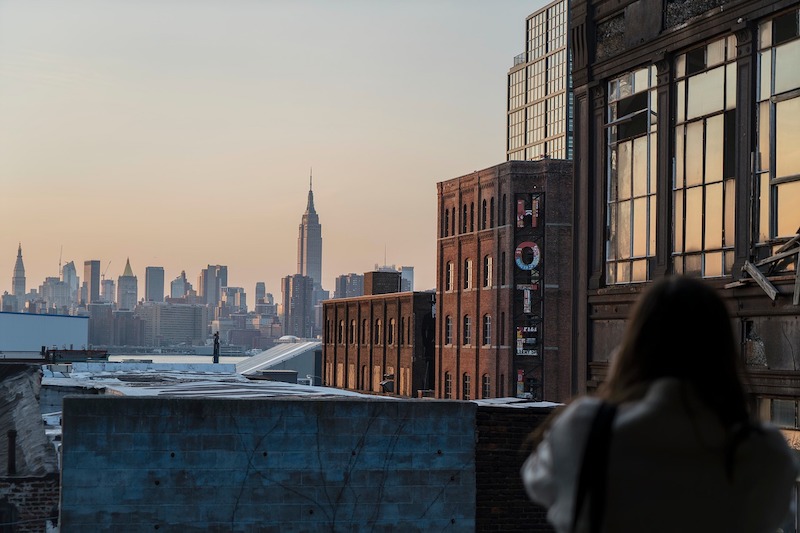In its fall report, buoyed by a steady consumer-driven economy, analysts at Lodging Econometrics (LE) reported that the total U.S. construction pipeline stood at 5,704 projects/700,496 rooms, up 6% by projects and 8% by rooms year-over-year (YOY). Pipeline totals continue to climb closer to the all-time high of 5,883 projects/785,547 rooms reached in the second quarter of 2008, and are just 179 projects shy.
In its eighth consecutive quarter of growth, projects currently under construction stand at 1,729 projects/235,278 rooms, the highest count recorded since the second quarter of 2008. Projects scheduled to start construction in the next 12 months, currently 44% of all pipeline projects, was 2,479 projects/286,125 rooms, very close to the all-time high set in 2009. It’s up a whopping 16% in projects and 13% in rooms, YOY. Projects in the early planning stage stand at 1,496 projects/179,093 rooms.
But as a result of declines in commercial investment brought about by the indecision caused by the global slowdown and the prolonged tariff imbroglio, this is the second quarter in a row where construction starts have declined, an indicator that pipelines growth may top out in late 2020/2021.
Through the end of the third quarter, 704 new hotels with 81,111 rooms opened across the U.S. with another 299 projects/33,059 rooms expected to open by year-end. New hotel openings in the LE forecast for 2020 stand at 1,112 new hotels/122,702 rooms followed by 1,126 new hotels/130,447 rooms scheduled to open in 2021.
This quarter is the first time this cycle where supply growth at 2% has risen and drawn even with demand growth which has fallen to 2%. In 2019, 16 of the top 25 markets show occupancy declines YOY while 11 markets show RevPAR declines.
Related Stories
| Mar 22, 2012
Bill would reintroduce “opt-out” provision in lead paint law
The Lead Exposure Reduction Amendments Act of 2012 (S2148) would restore the "Opt-Out" provision removed from the Environmental Protection Agency's Lead Renovate, Repair and Painting (LRRP) rule in April 2010.
| Mar 15, 2012
New Florida building code establishes flood and storm surge provisions
The new 2010 code establishes minimum design and construction requirements to protect buildings from wind, rain, floods, and storm surges.
| Mar 15, 2012
Illinois city rejects international code due to home sprinkler requirement
Macomb, Illinois aldermen voted to recommend that the city not adopt 2012 international building and residential code standards requiring the installation of overhead sprinkler systems in newly constructed one-family and two-family homes.
| Mar 15, 2012
Tenant advocates propose licensing landlords in New York City
With thousands of New York City rental units posing potential dangers to tenants, city advocates are proposing measures to make landlords improve building safety.
| Mar 15, 2012
Construction industry a big winner in federal small disadvantaged business procurement
Last year, only 5% of federal contract dollars went to small disadvantaged businesses. Construction and facilities support firms were the biggest beneficiaries.
| Mar 15, 2012
ANSI approves new fall protection standards
The American National Standards Institute (ANSI) has approved two American Society of Safety Engineers' (ASSE) standards addressing fall protection.
| Mar 8, 2012
Engineering innovation provides new option for meeting seismic codes in skyscrapers
Two University of Toronto engineers have developed “viscoelastic-energy-dissipating dampers” to replace many of the heavy concrete beams used in tall structures.
| Mar 8, 2012
CSI webinar on building code compliance March 22
A March 22 webinar will provide an overview of a 28-step process during the design of a building to ensure compliance with building codes.















